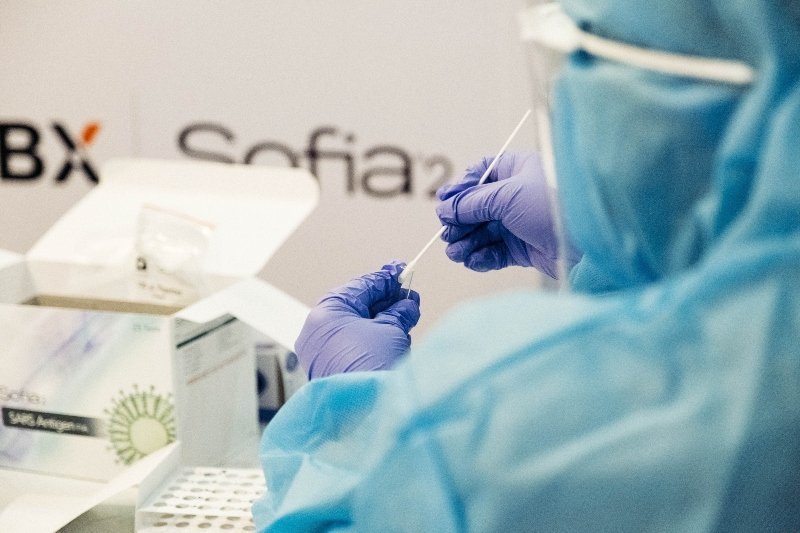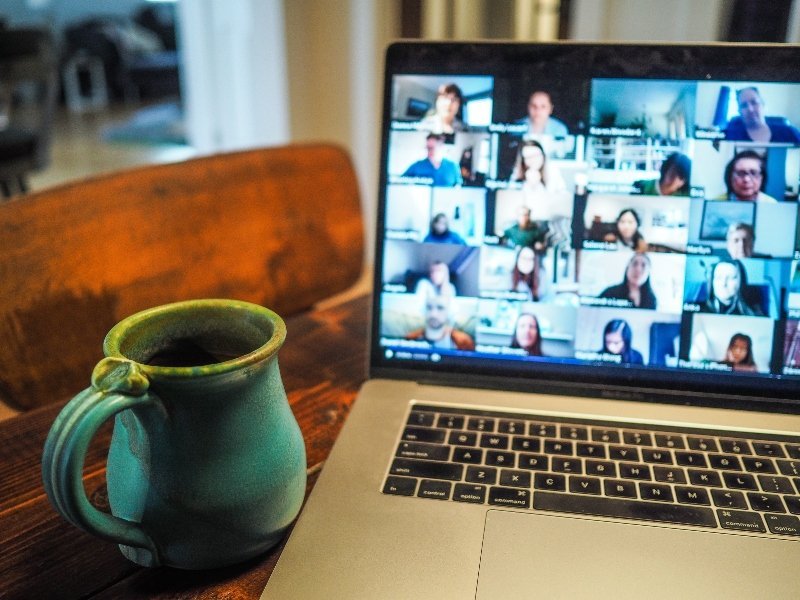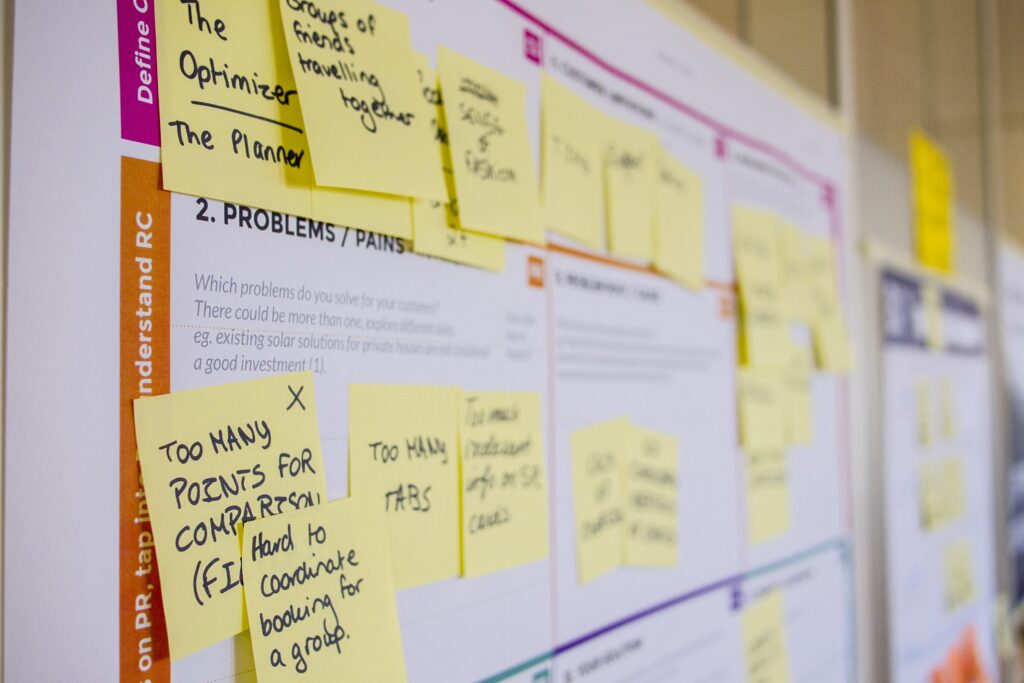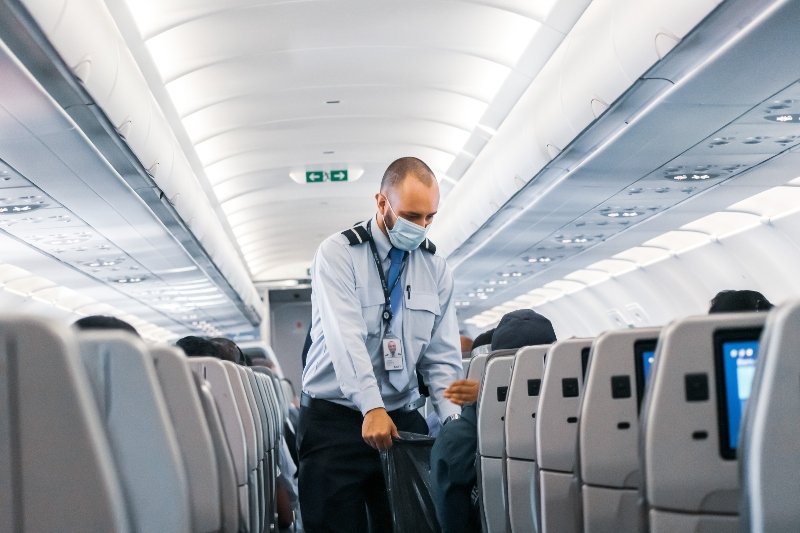Learning and Undertaking. Lessons to be learned after one year of Covid-19.
published on 13.04.21
The pandemic has given rise to new business procedures. How will this affect the future? Many entrepreneurs are no longer working, so how has Covid-19 affected the world of entrepreneurship?
One year after the World Health Organization (WHO) announced that the infection caused by Covid-19 had reached pandemic proportions, entrepreneurs are facing a recession that is unprecedented in the world economy. The figures are revealing serious damage everywhere. There is not one single country that is not in the red. In 2020, Spain’s GDP contracted by 10.8%, the largest fall since the Civil War in 1936. Household consumption sank by 12.4%, and 962,000 full-time jobs were destroyed. Nevertheless, a “rebound” effect is expected in 2021, due in part to the successful deployment of vaccines and to subsidies and financial assistance, and possibly leading to growths of 4.2% in Spain, 6% in France and 3.3% in Germany. Let’s cross our fingers and hope that all of this materialises.
In fact, if we consider the ways in which the health crisis has affected each sector, there are two sides to the coin. There are even some kinds of businesses that are booming at this very moment. Examples are: the pharmaceutical business, on-line trading, home delivery of food, video games, on-demand television platforms and videoconferences for ‘teleworking’; but for those who are managing hotels, restaurants or retail businesses, or whose work is connected with culture or sport, the outlook is completely different, and desolate.

According to the latest studies of the Cepyme (Confederación Española de la Pequeña y Mediana Empresa: Spanish Confederation of Small and Medium-Sized Enterprises), nine out of every ten SMEs have been affected by Covid-19, and half of them fear for their sustainability and market value in 2021. If we extrapolate this situation to the big brands, we see that the figures are horrifying, and that almost all the companies with the worst results attribute their red figures to the crisis caused by the pandemic. Among the sectors that have suffered the most we find airlines, hotels and the automobile industry.According to sources in the EFE Agency,the NH hotel chain has lost about 218.5 million euros, and the Meliá chain has recorded losses of 358 million euros; in the first half of 2020, IAG, the group which includes the airlines Iberia, British Airways, Vueling and Aer Lingus, lost the staggering sum of 3,806 million euros; and Seat, the Volkswagen Group’s Spanish brand, saw its turnover reduced by 40%. It was the same story for Airbnb, which was planning to enter the stock market in 2020, but had to postpone this. According to the Financial Times, the company has reduced its potential market value by 16%.
LESSONS TO BE LEARNED
After one year of Covid-19, these are the lessons to be learned:
- Restrictions on travelling, especially on business trips, is necessary. During the pandemic, the success of platforms such as Skype, Zoom and Teams has eliminated all thoughts of travelling to hold a meeting with a supplier or to finalise some business with a customer. This results in cost-saving, and on many occasions it has improved liquidity.
- The growth of the “dematerialisation” of products and services has potential. This strategic proposal of sustainability leading to a reduction of waste is clearly gaining support. It seeks to minimise production costs, to use natural resources in the most responsible manner and to reduce the emission of contaminants.

- More agility is required in corporate decision-making. With the arrival of confinement, we had to re-invent things overnight. Processes and operations had to be changed rapidly. An example of this was when we changed from attending classes to learning on line. This agility and this ability to adapt have to be maintained.
- Will globalisation come to an end? Is the model whereby cheap products are procured from manufacturers in China and India now obsolete? This is one of the great unknowns. What seems more probable is that the world is entering a phase of less internationalisation.
- People will have to get ready to accept personal tracking technology. The “covid passport” and facial recognition are two clear examples of the fact that we are heading towards a world that is more akin to that portrayed in George Orwell’s ‘1984’. We are probably going to live in a society that is less open and less free.
- This health crisis has changed relationships between countries and states by presenting new challenges, new risks, new dangers, new threats (in health and climate). New needs and business models will arise and, in turn, new opportunities will be created for the boldest entrepreneurs.
LESSONS FOR ENTREPRENEURSHIP
Before entering fully into the three lessons, we have to remember, first, that entrepreneurs, by definition, are usually optimistic and resilient, and have fighting spirits. Many of them will overcome this difficult period because recovery is in their DNA. Secondly, that this crisis (like all crises) will end. And that will be the signal for many businesses to resume their activities.

How does one become an entrepreneur in the Covid period? First, by remembering something basic: that a business needs three assets to be profitable and sustainable:
- The human team
A business’s main asset is always its team of workers who, with their talent and their skills, sustain the organisation by creating value for its customers. However, if we have learned something during this pandemic, it is that we can work and organise ourselves in very diverse ways.
During this crisis, the team must continue with more commitment than ever. It must work to improve its internal communication as its fundamental mainstay, reducing uncertainty as much as possible, and ensuring that its members are healthy and safe.
‘Teleworking’ certainly offers more flexibility, but it is not always the best solution. Uniting, and continuing to attend to the four aspects which improve the business’s capability: technical and social skills; incentives and benefits; training; and finally, the atmosphere and motivation in the workplace.
2. Capital
Restrictions on movement, delays in the supply chain, shortages or ruptures of stocks and the drastic reductions in demand from customers have had a savage impact on many sectors. And the lack of income resulting from the effects of the coronavirus is translating into an untenable pressure on working capital and liquidity.

That is why, in periods of crisis, entrepreneurs need to ask themselves: How much money does my business need? For how long will an injection of capital be necessary?
- It follows that, first, one should prepare a financial plan for 2021, 2022 and 2023. With one objective: working to win, not simply to survive.
- Secondly, cash flow is of paramount importance. Keep it healthy, strengthen the flows of liquidity and review all the expenditure (anything unessential should be pruned). Reduce costs in all departments, and speed up payments from customers.
- Thirdly, have access to capital. Assess or calculate the possible risks in each of the banking entities. At the same time, ensure that there is sufficient financing to survive for the coming 18 months. And don’t wait until the end of the crisis before taking decisions or actions.
3. Know-how
All the knowledge which enables a company to offer its product or service with added value is essential in periods affected by coronavirus. After learning, from the crisis, how to solve specific problems, it is particularly important to improve the proposal of value so that it is more closely adapted to the marketplace.
What is a real proposal of value? It is strategic thinking. Seeking, changing or adapting the strategy and implementing new processes. Use this period to talk to your best customers, and to innovate; to understand why they like the product or service, and what would make them abandon it. This is the moment to innovate and to forge new partnerships. In fact, it is worth remembering that some of the most disruptive or interesting companies of recent decades were created or really took off because they knew how to adapt to different crises. Are we now ready to get to know the new businesses that have emerged as a result of Covid?
Author: Joan Margarit, analyst in Marketing and Communication.
Learn more about our Bachelor in Management and our Master in Management:
